In the digital age, the success of a website or online business is often determined by its visibility on search engines. At the heart of this visibility lies a crucial component: keywords. Keywords are the terms and phrases that users type into search engines when looking for information, products, or services. For website owners and businesses, understanding and leveraging the right keywords can significantly boost their online presence and, consequently, their bottom line.
However, for those just starting out, the challenge often lies in identifying the right keywords to target. How do you know which terms your potential customers are using? How can you ensure that your website appears in their search results? This article delves into the various methods and tools available to help you get the best keywords for Search Engine Optimization (SEO).
1. The Importance of Keywords in SEO
Before we dive into the methods, it’s essential to understand the significance of keywords. They are the bridge between a user’s query and the content on your website. By optimizing your site with relevant keywords, you increase its chances of being discovered by potential customers. The right keywords can drive targeted traffic to your site, leading to higher conversion rates and increased revenue.
2. Methods to Discover Keywords
2.1 Google Trends
Google Trends is a free tool that provides insights into the popularity of search queries over time. By entering a specific keyword, you can see its search volume trend and discover related queries. These related terms are often what users are also searching for, giving you a broader perspective on potential keywords to target.
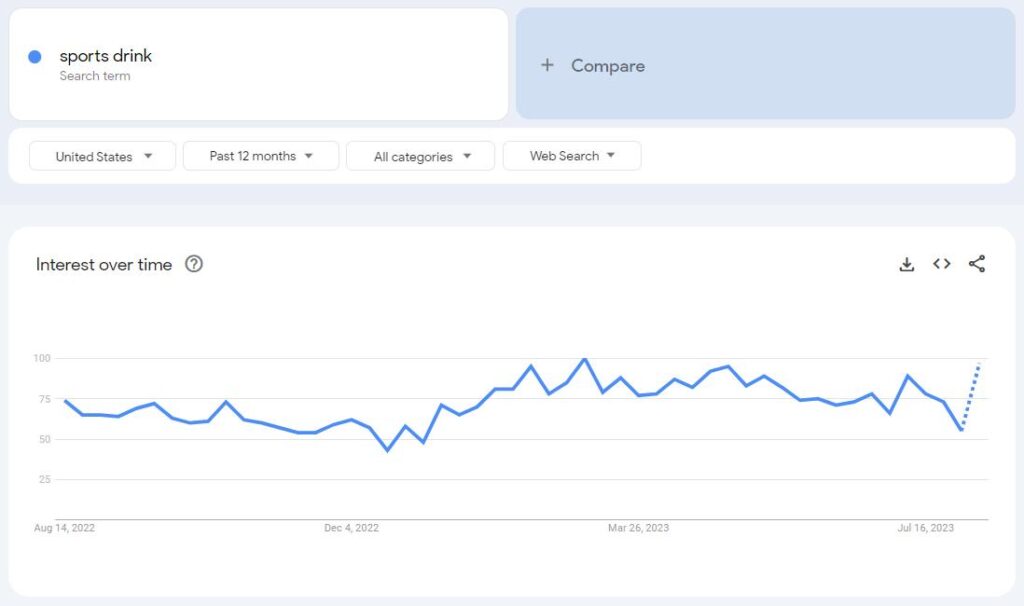
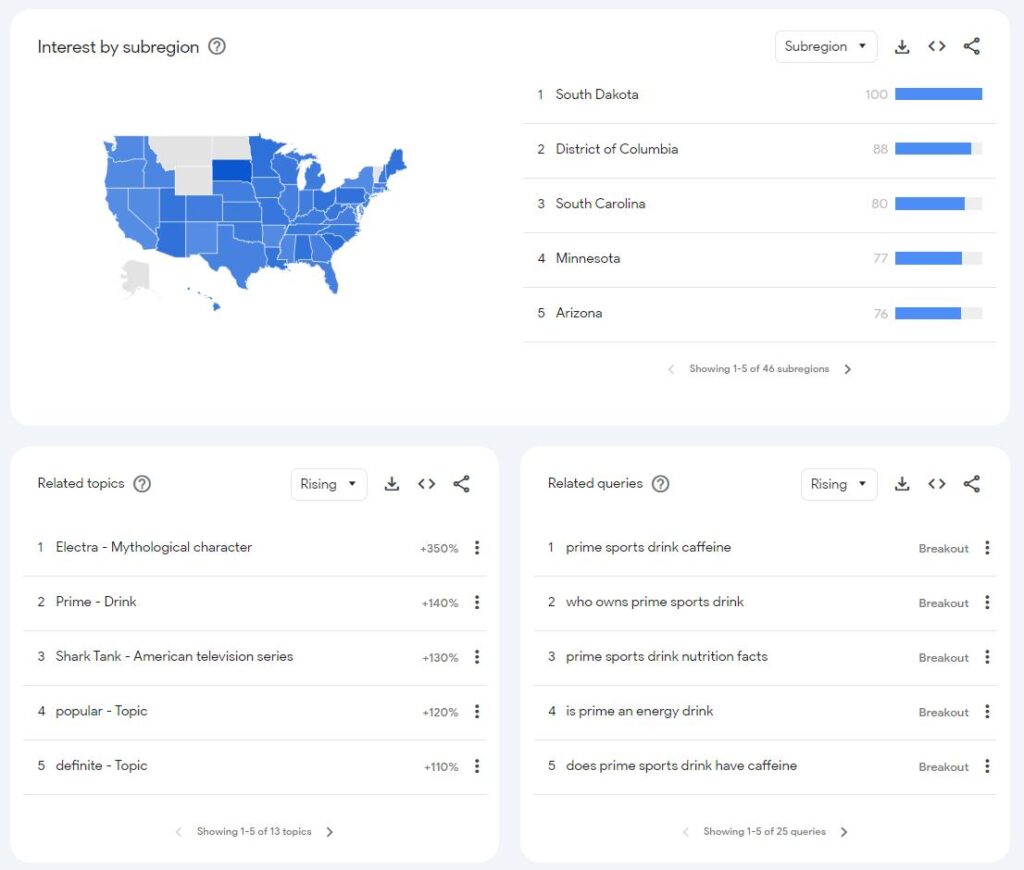
2.2 Google Ads Keyword Planner
For those who use the Google Ads platform for advertising, the Keyword Planner is an invaluable tool. It not only suggests keywords based on your input but also provides data on search volumes, competition, and potential ad costs. Even if you’re not planning to run ads, this tool can offer a wealth of information on relevant keywords for your business.
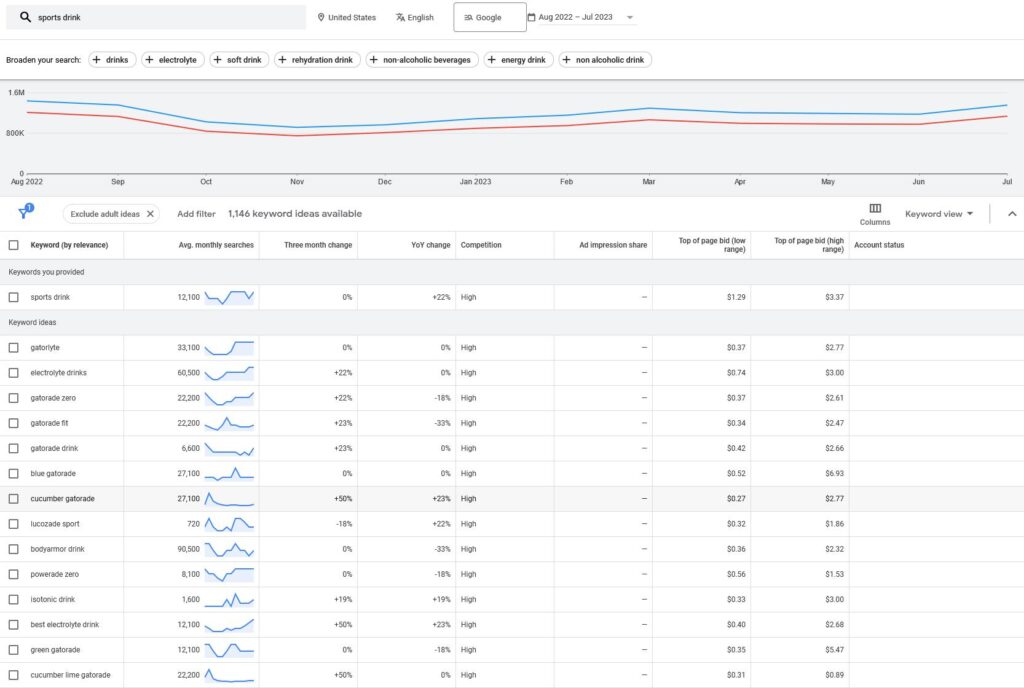
2.3 Generative AI
The rise of generative AI, like ChatGPT, has added a new dimension to keyword research. By feeding a keyword into such AI models, you can receive a list of semantically related terms. This method is particularly useful for discovering long-tail keywords or niche terms that might not be immediately obvious but can drive targeted traffic.
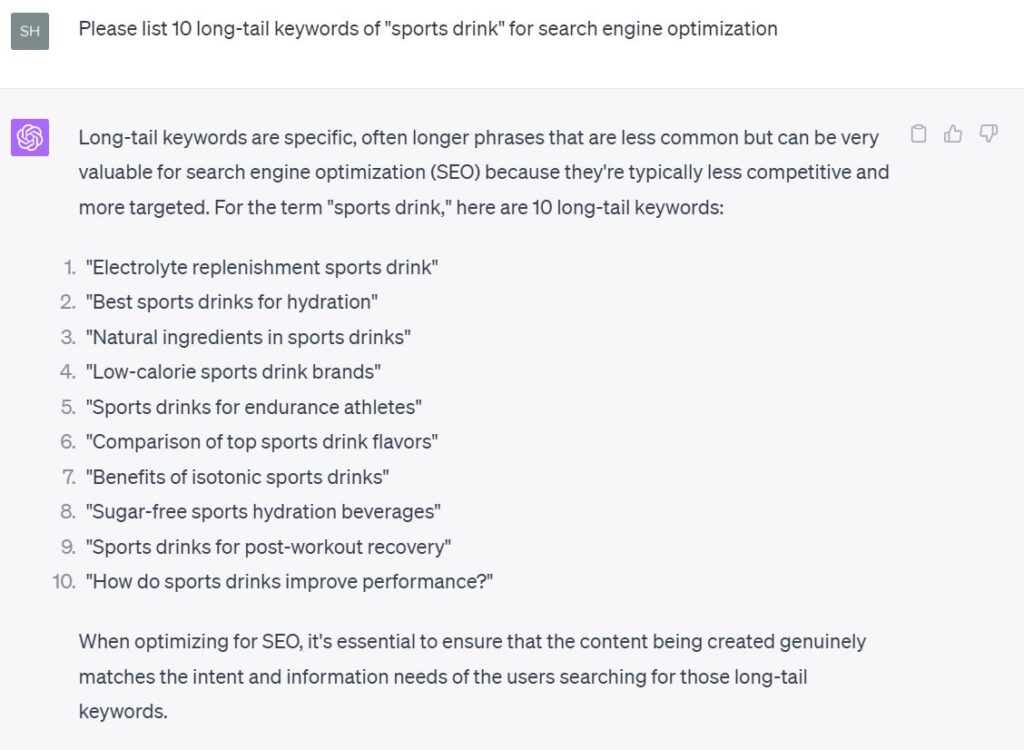
2.4 Google Search Console
If your website has been active for some time, Google Search Console can be a goldmine of keyword data. By submitting your site to this free service, you can see which search queries are driving traffic to your site. Moreover, it provides data on click-through rates, impressions, and the average position of your site for each keyword. This information can help you understand which terms are already working for you and where there might be opportunities to improve.
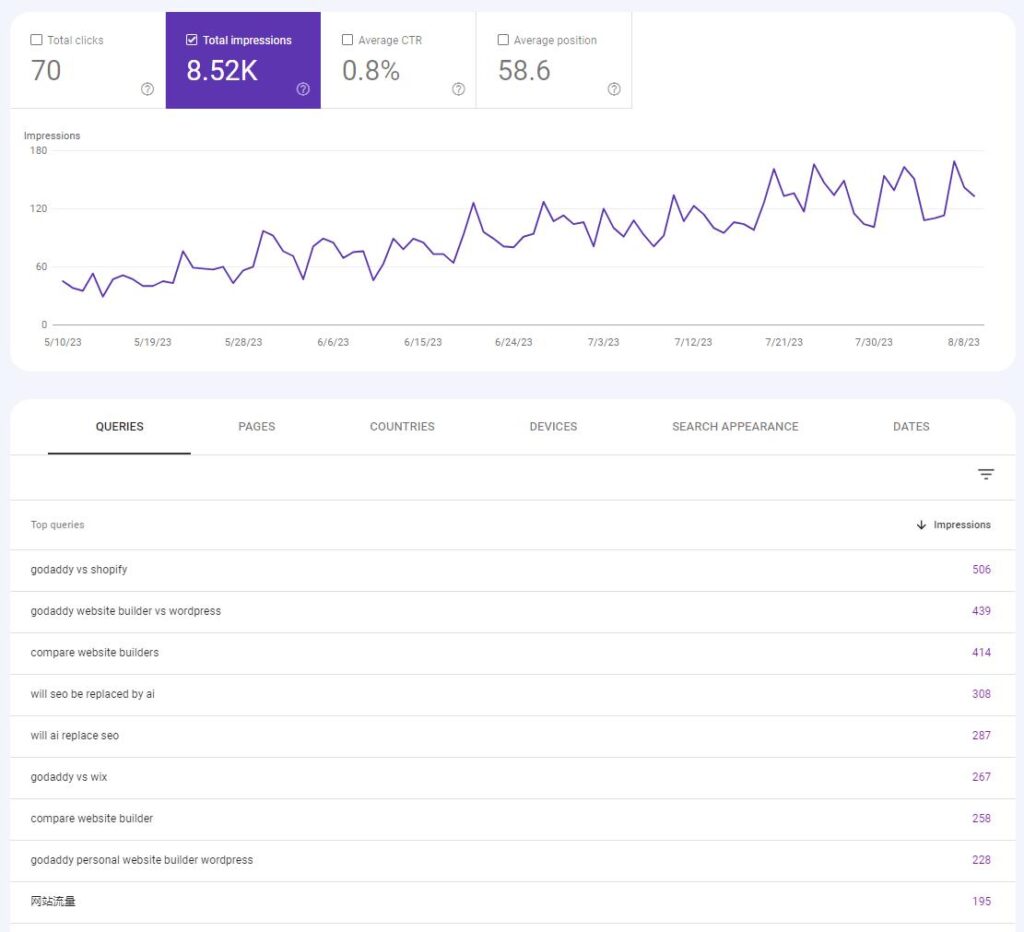
2.5 Third-Party SEO Tools
While the above methods are mostly free and highly effective, there are numerous third-party SEO tools available that specialize in keyword research. Tools like SEMrush, Ahrefs, and Moz offer extensive keyword databases, competitive analysis, and more. However, these tools come with subscription costs. For many businesses, especially those just starting out, mastering the first four methods can often suffice, negating the need for additional paid tools.
3. In Summary
In the vast digital landscape, standing out requires a strategic approach to SEO, and at the core of this strategy are keywords. By understanding and leveraging the right terms, businesses can ensure they reach their target audience effectively.
Whether you’re using Google Trends to gauge keyword popularity, the Keyword Planner to get data-driven insights, generative AI for innovative keyword suggestions, Google Search Console for performance metrics, or investing in third-party tools, the key is to remain adaptable. SEO is an ever-evolving field, and staying updated with the latest trends and tools will ensure your website remains visible and relevant in the eyes of search engines and, more importantly, your potential customers.





